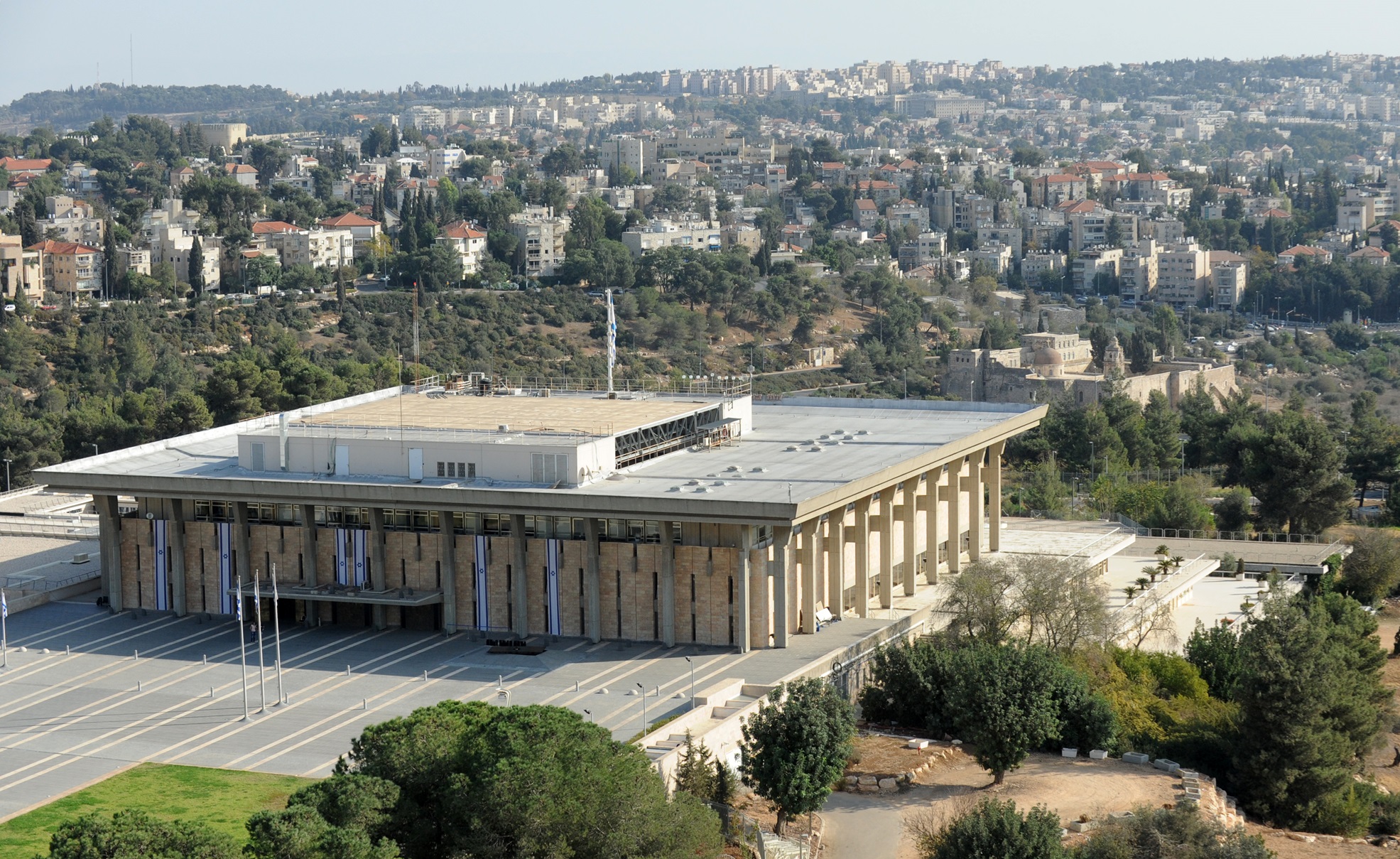
July 30, 1980
The status of Jerusalem was an issue prior to the establishment of the State of Israel in May 1948. In both 1937’s Peel Commission Report and the November 1947 UN Partition Plan, Jerusalem was to be either a British enclave or an internationally governed city. On December 5, 1949, Israeli Prime Minister David Ben-Gurion announced that Jerusalem was the eternal capital of Israel. In January 1950, the Knesset passed a law that stated, “Whereas with establishment of the state of Israel, Jerusalem once more becomes the capital.”
Between April 1950 and June 1967, eastern most areas of the city, including the Old City, were a part of the Kingdom of Jordan. Reunification of the city resulted from the June 1967 War. The 1980 law had little effect on Israeli claims to the city and its the adminsitration. However, by elevating the issue of Jerusalem to a Basic Law, the Knesset gave the political status of Jerusalem legislative weight. The law did not change the status of Arab citizens of East Jerusalem who had permanent residency status.
The passage of this law was protested by many other nations. On August 20, 1980, the United Nations Security Council responded with Resolution 476, censuring and rejecting the new Israeli law. The UN resolution called for UN member nations to move their embassies out of the city. Thirteen countries – including Ecuador, Colombia, Netherlands, Bolivia, Haiti, Panama, Costa Rica, El Salvador, Chile, Venezuela, Uruguay, the Dominican Republic, and Guatemala – moved their embassies from Jerusalem to Tel Aviv at this time. Costa Rica and El Salvador later returned their embassies to Jerusalem before moving them to Tel Aviv again in the 2000s. Today, many countries do not recognize Jerusalem as the capital of Israel and most maintain their embassies in Tel Aviv. And yet, most of Israel’s official business takes place in Jerusalem, forcing foreign diplomats to travel there constantly, sometimes multiple times a week.
